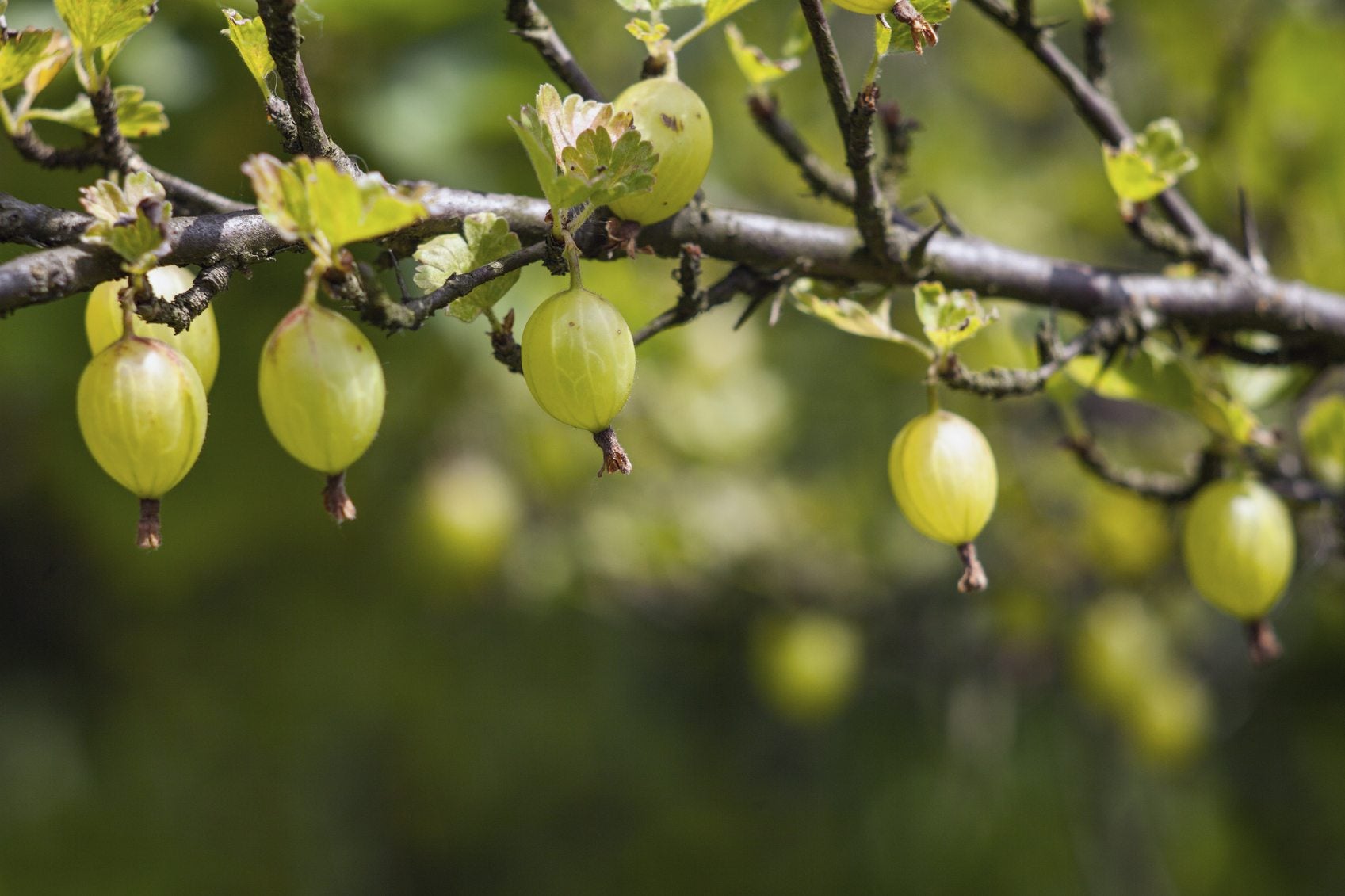Rooting Gooseberry Cuttings: Taking Cuttings From Gooseberry Bush


Sign up for the Gardening Know How newsletter today and receive a free copy of our e-book "How to Grow Delicious Tomatoes".
You are now subscribed
Your newsletter sign-up was successful
Gooseberries are woody shrubs that bear tart berries. You can eat the berries right off the plant as they ripen, but the fruit is especially delicious in jams and pies. You don’t have to buy new gooseberry plants to increase your crop. Growing gooseberry from cuttings is inexpensive and easy. Read on for information about propagating gooseberry cuttings.
How to Propagate Gooseberry Cuttings
When you are propagating gooseberry cuttings, you cut off a piece of the plant’s stem—a cutting—and encourage it to root. It’s important to take the cutting at the correct time of the year when you go about rooting gooseberry cuttings. By propagating gooseberry cuttings, you are creating clones of the parent plant. You can create one or many new plants each season.
Taking Cuttings from Gooseberry Bushes
When you are taking cuttings from gooseberry bushes, be sure that they are hardwood cuttings. Hardwood cuttings provide a reliable means of growing gooseberry from cuttings. You need to take the cuttings during the plant’s dormant season. This means you can clip them out at any time from mid-autumn until late winter. However, the ideal times are just after they drop their leaves or just before the buds open in spring. Avoid taking cuttings during cold snaps. When you are taking cuttings from gooseberry plants, select vigorous shoots that are one year old. Clip off the soft growth on the tip. Then cut the branch into sections about 6 inches (15 cm.) long. Make the top cut just above a bud with a slanting slice. The bottom cut should be straight and just below a bud.
Rooting Gooseberry Cuttings
Prepare containers for the cuttings. Select deep pots and fill them with a mixture of coarse grit and compost. Pour out some hormone rooting powder on a sheet of paper towel. Dip the base end of each cutting in the powder, then insert it into the soil mixture in the pot. Plant each to half its depth. Place the pots in a cold frame, garage, or unheated greenhouse. Water them occasionally to keep the medium moist. Keep them in place until the following autumn. By that time, the cuttings will have developed roots.
Growing Gooseberry from Cuttings
Once you transplant the gooseberry cuttings to their permanent spot in the garden, it will be four years until the plants are in full fruit production. At that point, you should get 3 to 4 quarts (3-4 L.) per bush. You’ll need to provide the mature plants with water during dry weather. It also helps to pull out weeds that compete for nutrients.
Sign up for the Gardening Know How newsletter today and receive a free copy of our e-book "How to Grow Delicious Tomatoes".

Teo Spengler is a master gardener and a docent at the San Francisco Botanical Garden, where she hosts public tours. She has studied horticulture and written about nature, trees, plants, and gardening for more than two decades, following a career as an attorney and legal writer. Her extended family includes some 30 houseplants and hundreds of outdoor plants, including 250 trees, which are her main passion. Spengler currently splits her life between San Francisco and the French Basque Country, though she was raised in Alaska, giving her experience of gardening in a range of climates.